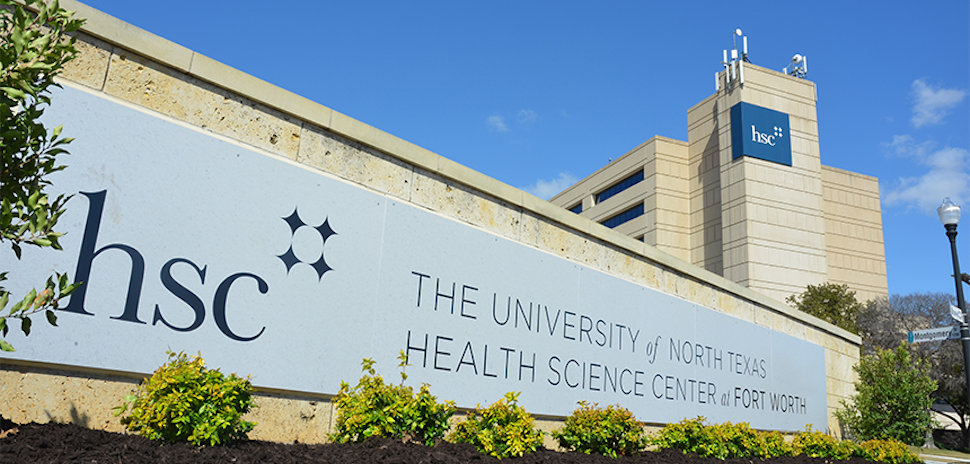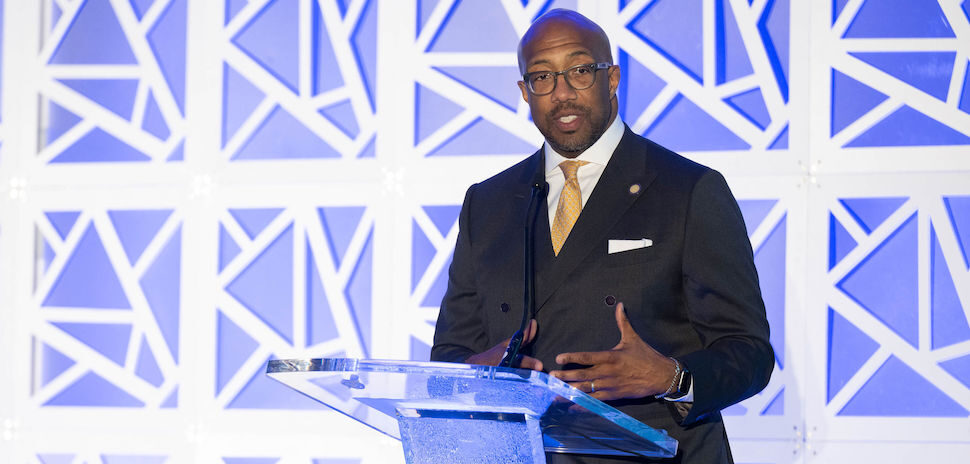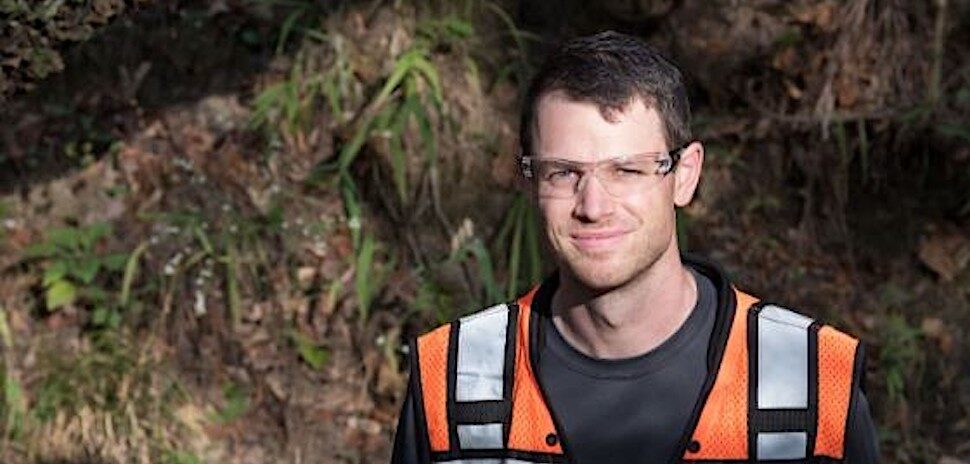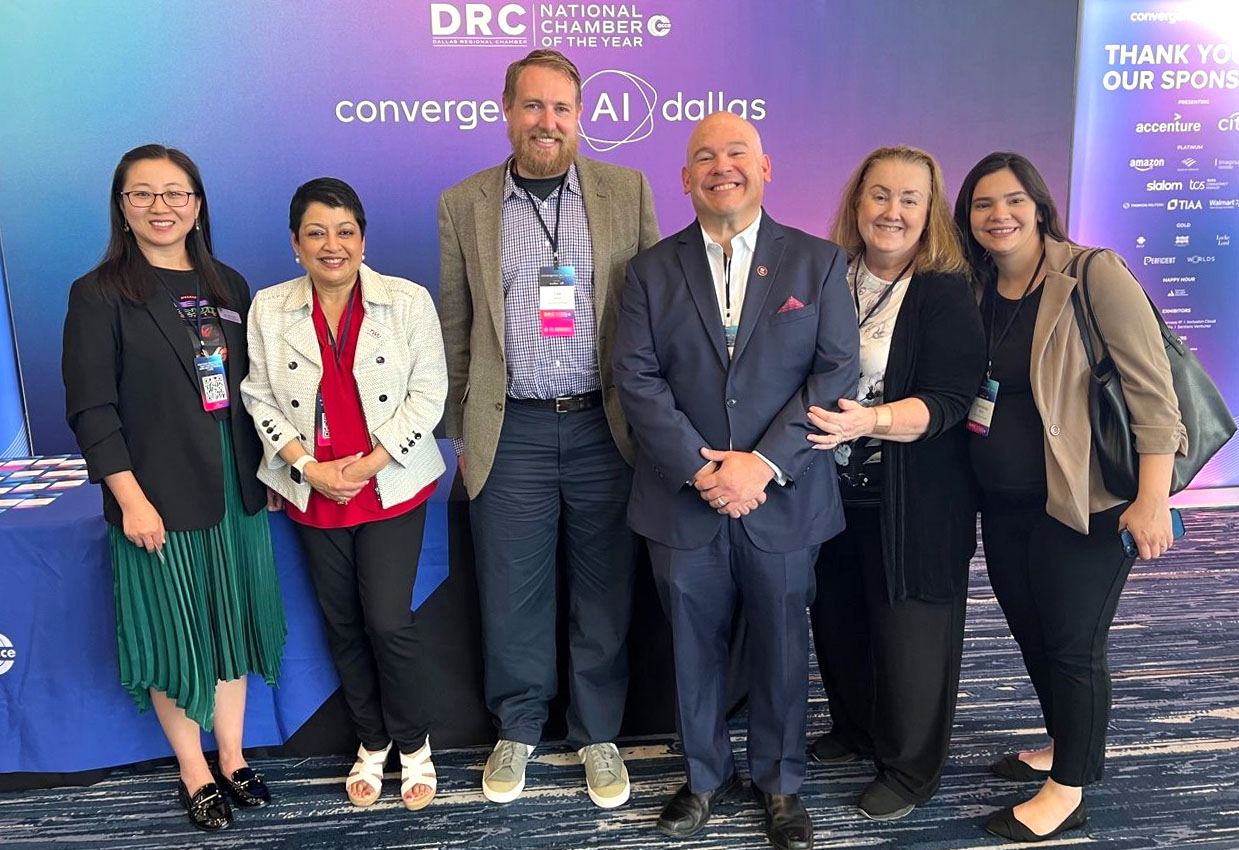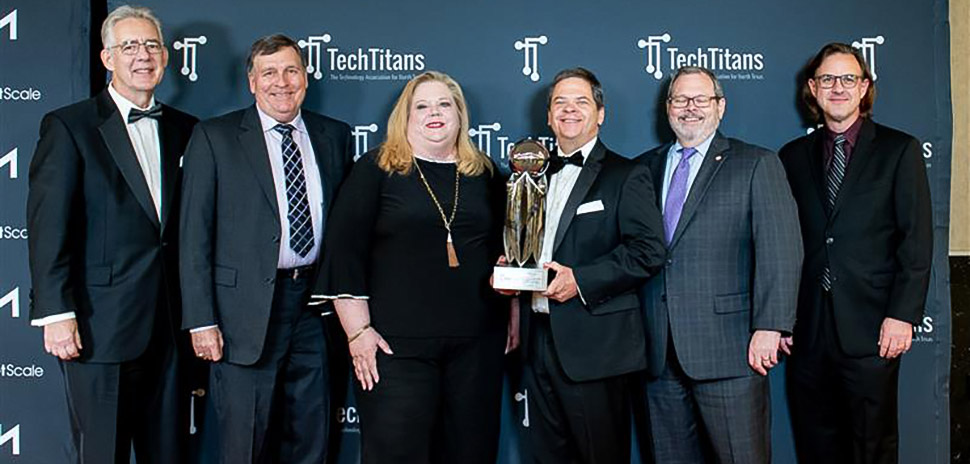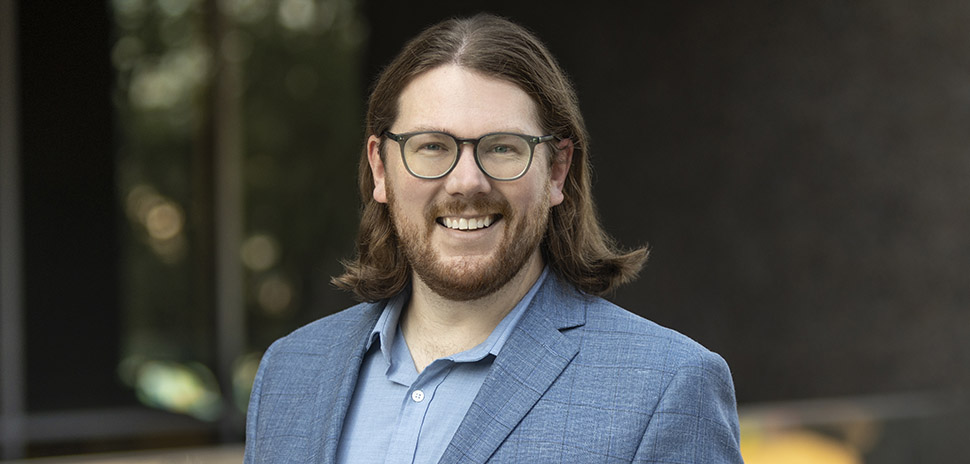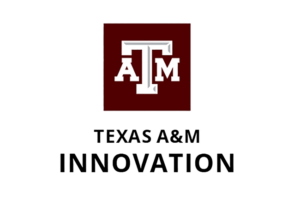Small businesses in Fort Worth and Tarrant County often find it difficult to navigate federal funding sources, which can be complex and involve a long series of steps and requirements. But those steps just got a lot easier thanks to a new, $2 million boost.
The University of North Texas Health Science Center has received a $2 million grant from Tarrant County to help emerging tech startups successfully apply for federal Small Business Innovation Research funding.
The grant—part of Tarrant County’s State and Local Fiscal Recovery Fund program authorized under the American Recovery Plan Act—was announced Tuesday at a Tarrant County Commissioners Court meeting.
The grant will fund the “HSC Next SBIR Phase 0” program, which will help small businesses in Tarrant County navigate “every step” in obtaining federal SBIR funding, from what some call “America’s Seed Fund.”
SBIR awards ‘can be transformative’

Dr. Robert McClain [Photo: LinkedIn]
“With this program, we hope to increase SBIR participation by Tarrant County small businesses and make their proposals more competitive, Dr. Robert McClain, associate VP in HSC’s Division of Research and Innovation, said in a statement.
“An SBIR award can be transformative for an emerging technology company,” McClain added. “The funds are nondilutive, meaning the company doesn’t have to give up any equity for the investment. And, because the SBIR process is highly selective and decisions are made by subject matter experts, the awards are often viewed by private investors as a validation of the company’s innovation.”
‘Creating entrepreneurial excellence in Tarrant County’
Roy Brooks, Tarrant County Precinct 1 commissioner, says the potential impact of the $2 million grant is clear.
“It’s about creating entrepreneurial excellence in Tarrant County,” Brooks said in the statement. “This puts us at the forefront of innovation in bringing tech industries to Tarrant County as an economic development tool.”
Helping to build an already flourishing biotech ecosystem in Tarrant County

Ranjan Misra
HSC says the $2 million grant and HSC Next program will build on “the already flourishing biotech field” in Tarrant County. A number of small local businesses have developed innovative treatments for kidney, ocular, and cancer conditions that are currently in late-stage clinical trials.
Ranjan Misra, a business advisor to AyuVis Research, a company HSC Next is already assisting, says his company has already benefited from an SBIR grant.
“The SBIR Grants are one of the most valuable resources available to startups that are taking their research forward to develop innovative solutions,” Misra said in the statement. “The grants offer a critical source of funding which is nondilutive, and, more importantly, the extensive peer review process provides strong validation of the research and potential for innovation. The visibility and access to other valuable resources is an added bonus. Every startup should explore and apply for SBIR grants if they are eligible and seek assistance from organizations like HSC Next to navigate through the process.”
HSC Next’s goals could lead to $23M in indirect impact
HSC Next will provide local small businesses with mentoring, market research, technology assessments, and grant writing assistance, HSC said. The program has a lofty goal—to generate over 100 SBIR proposals during the project’s term. HSC says those grants would be expected to return $18 million in federal funds to Tarrant County, ultimately making an indirect impact of $23 million to the area.
One way the HSC Next team reaches out to small businesses is through its Sparkyard platform, which connects entrepreneurs across Tarrant County with critical resources that can make a difference in their growth.
$3.7 billion in SBIR funds distributed each year
There’s a lot of SBIR funding to be tapped. HSC says around $3.7 billion in such funding is distributed each year. That adds up to America’s largest single source of nondilutive, early-stage funding. SBIR programs are operated by 11 different federal agencies via a mandated 3.2% allocation of their annual research budgets. The money is distributed in two phases, with Phase II being the biggest, most impactful award.
High return rate on SBIR grants

Dr. Sylvia Trent-Adams, president of UNT HSC
If you think federal SBIR grants are a waste of taxpayer money, think again. The return on investment can pay off big time for local economies. HSC cited a recent study of the Department of Defense SBIR program, which found that the $14 billion in SBIR awards made to small businesses between 1995 and 2012 had a total economic impact of $347 billion through 2018.
That impact included almost $3 billion in new tax revenues—and it paid off for America’s workforce, too, by creating 1.5 million jobs with average annual income of $73,461.
However, SBIR funding in Tarrant County to date has been “drastically underutilized” compared to other Texas regions.
HSC hopes that the new $2 million grant will change that—by being a game changer for small businesses in Fort Worth and Tarrant County.
“We’re proud to be a part of rebuilding our local startup ecosystem after COVID,” said Dr. Sylvia Trent-Adams, HSC president. “Small businesses are the heart of our economy, and HSC is committed to doing everything it can to help support the development and expansion of that sector. Dr. McClain and the whole HSC Next team have dedicated their careers to spurring innovation and business growth. I have the utmost confidence our great city will reap the benefits of our partnership with Tarrant County for years to come.”
Supports women-owned businesses and the underrepresented, as well
SBIR funding is an avenue for boosting companies that often have difficulty raising funding—especially women-owned businesses, the socially and economically disadvantaged, and small business owners in underrepresented areas. The Small Business Act mandates that SBIR funding support people in all these cases. In response, the HSC Next team says it will target traditionally underrepresented groups, including women- and minority-owned businesses.
![]()
Get on the list.
Dallas Innovates, every day.
Sign up to keep your eye on what’s new and next in Dallas-Fort Worth, every day.










